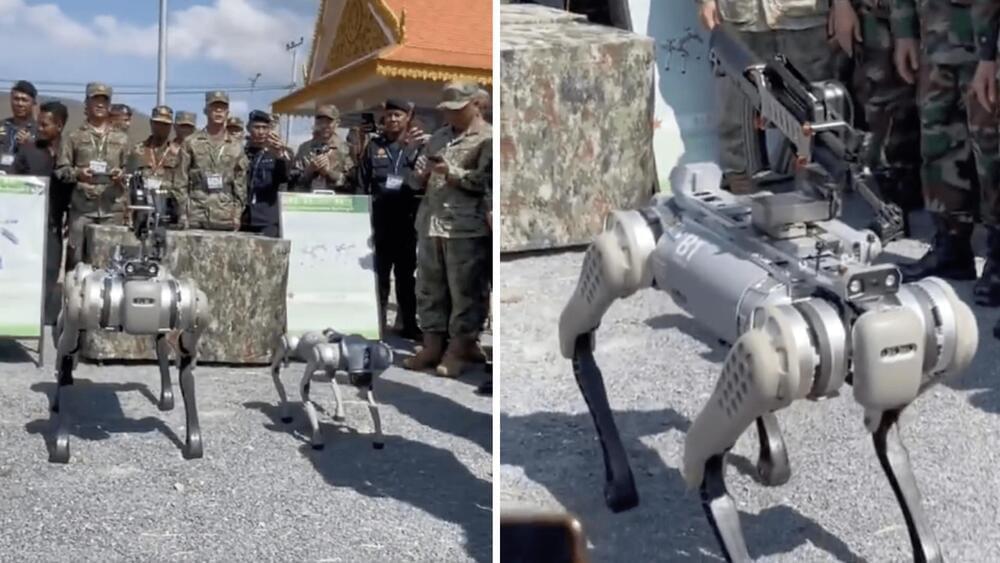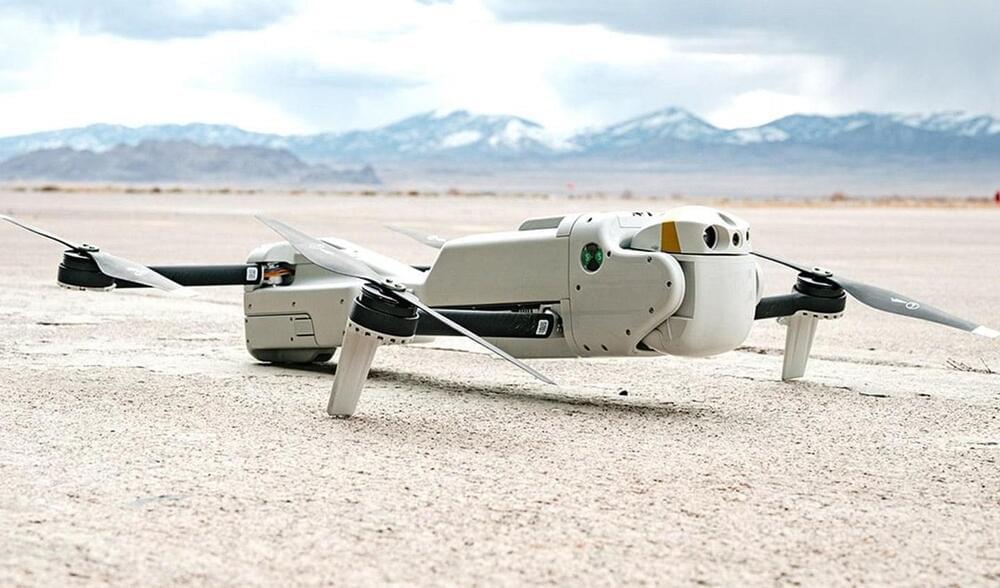May 23, 2024
TSMC’s Lithography Machines Have a Remote Kill Switch in Case China Invades
Posted by Chima Wisdom in categories: computing, military
Over the past few years, there’s been a lot of speculation about what would happen to TSMC’s semiconductor fabs in the event of an invasion by the Chinese military. TSMC makes the world’s most advanced chips at its Taiwan facilities, so the prospect of those fabs being taken over or controlled by a hostile force is not a pleasant scenario to consider. However, now it’s been revealed for the first time that the machines have remote kill switches, which would render them idle in the case of Chinese aggression.
This revelation about TSMC’s machines comes from Bloomberg reporters, who say they spoke with several people “familiar with the matter.” Dutch company ASML makes the machines TSMC uses and has built a kill switch directly into the hardware TSMC uses. The report says US officials approached ASML with concerns about Chinese aggression against TSMC, and ASML has assured them it can disable the machines remotely if necessary. The Dutch company has also been running simulated shutdowns on its machines to understand better how such a scenario would play out in the real world and what risks it included.

















